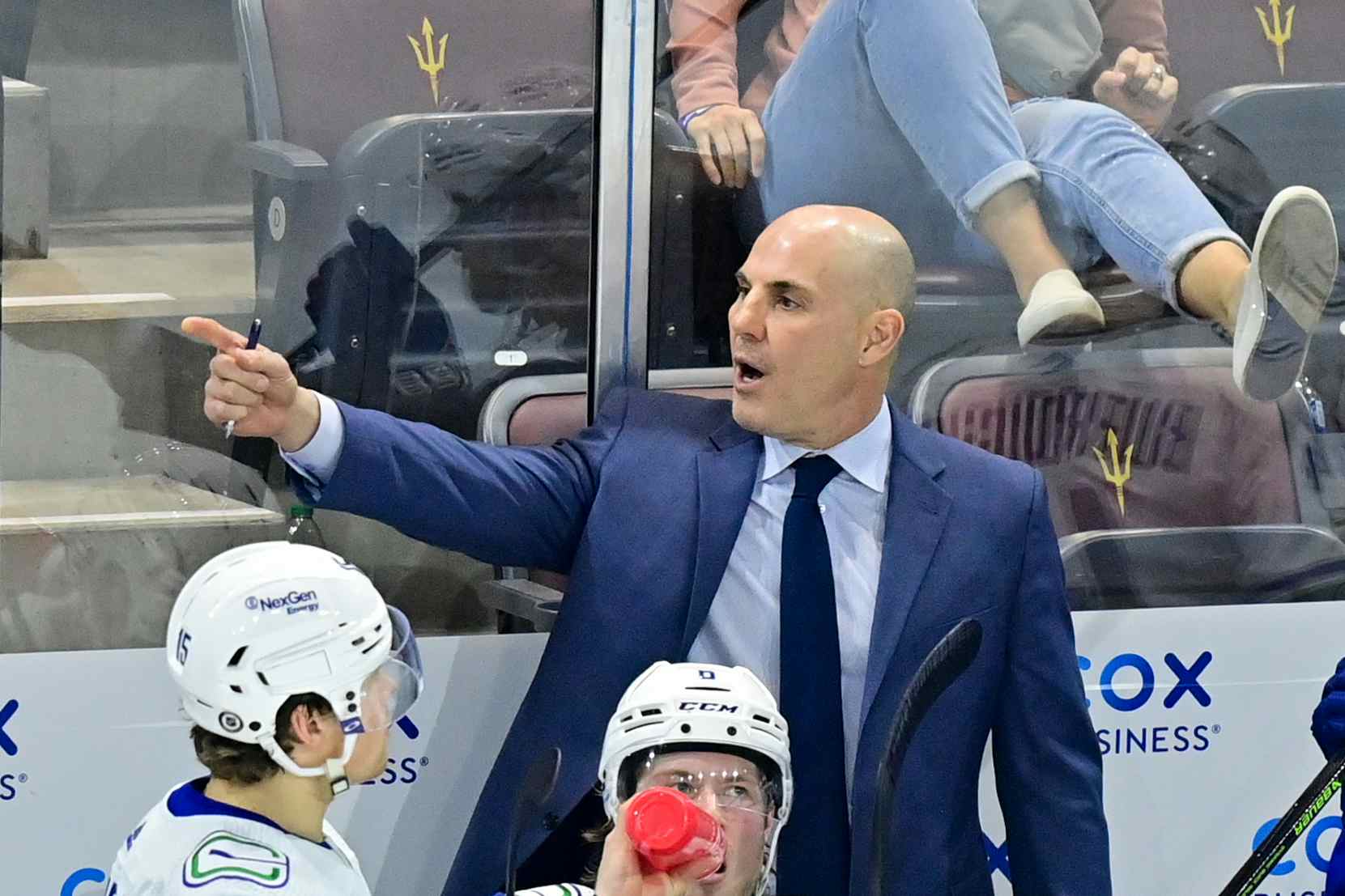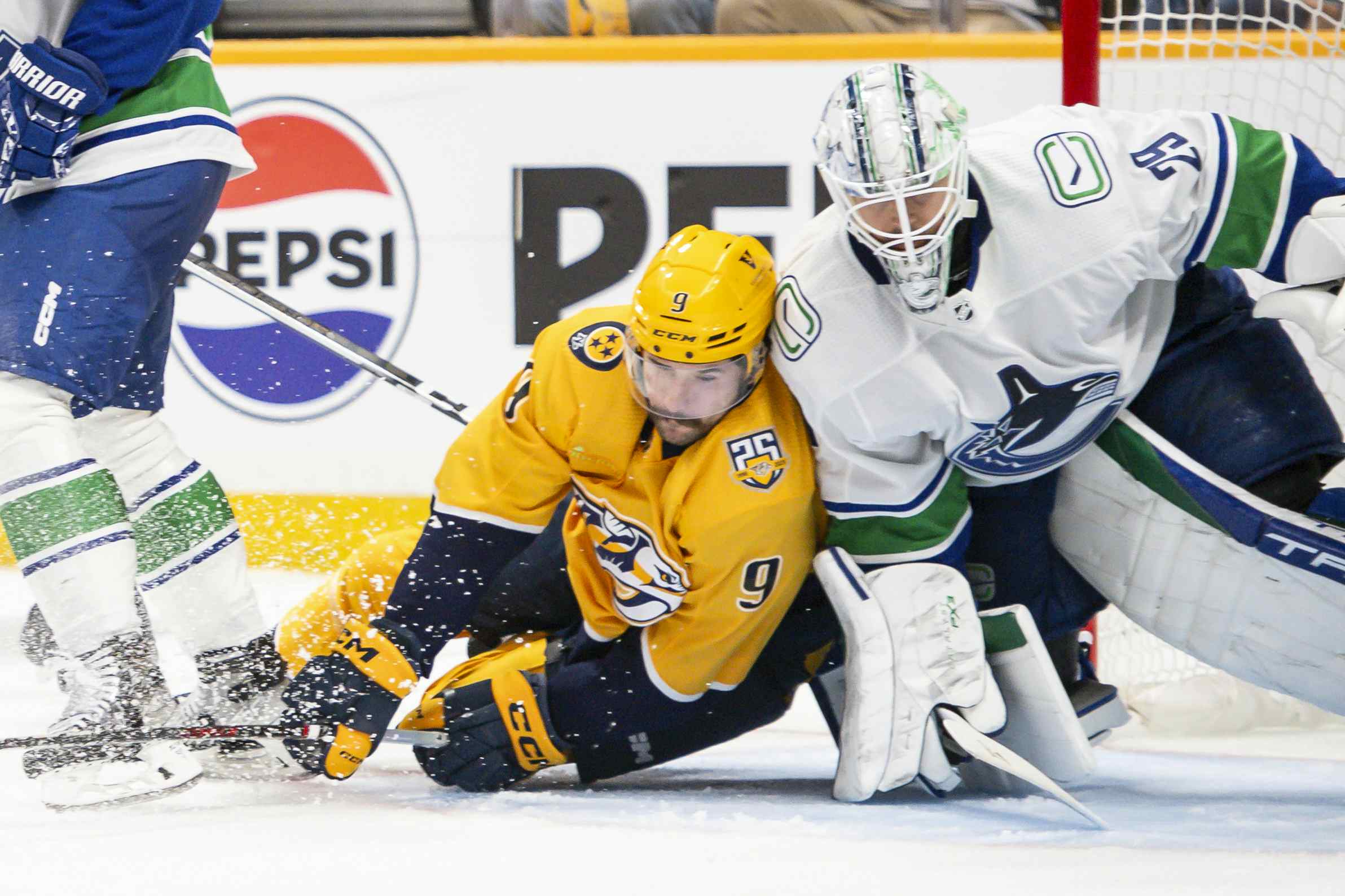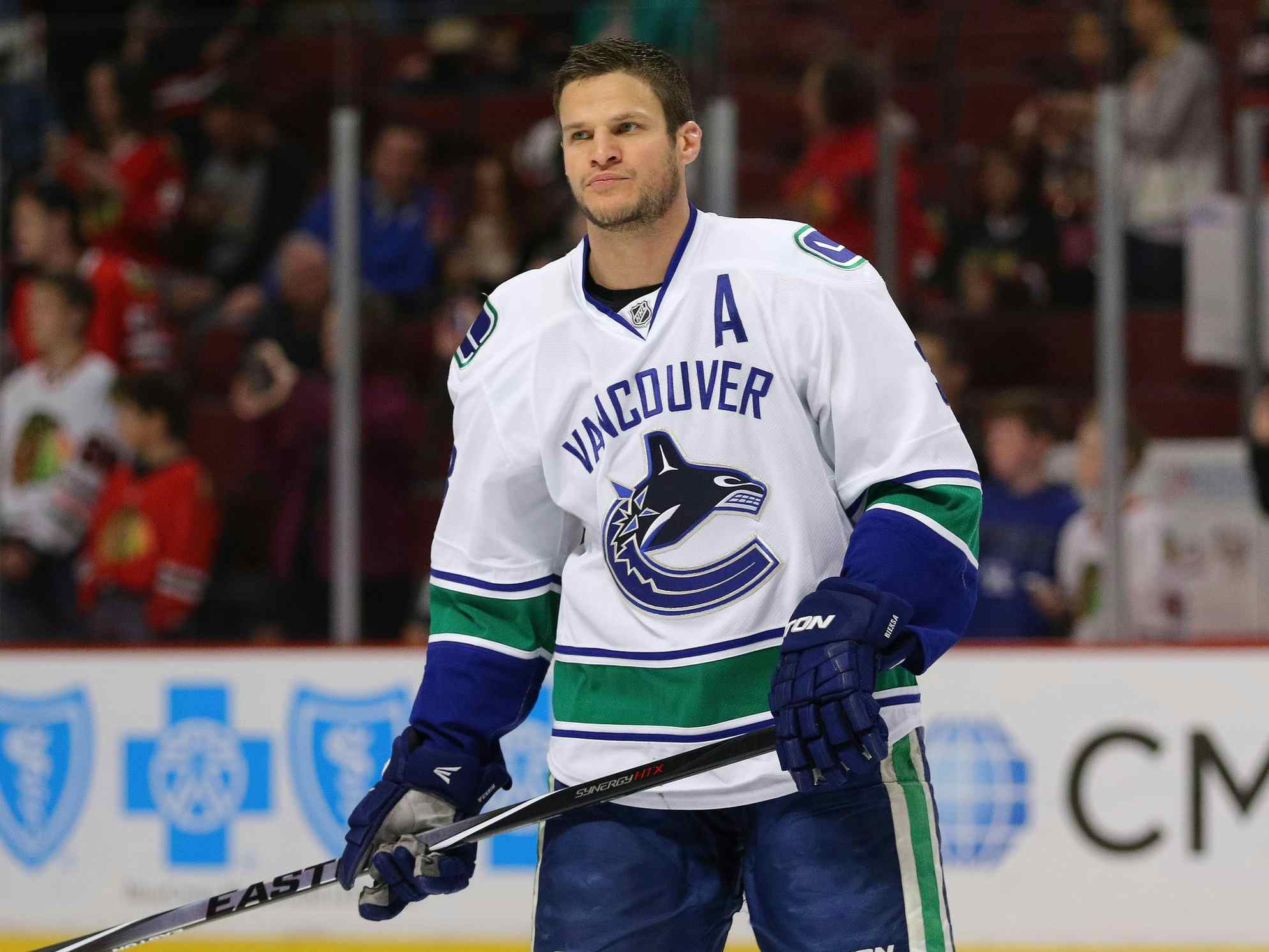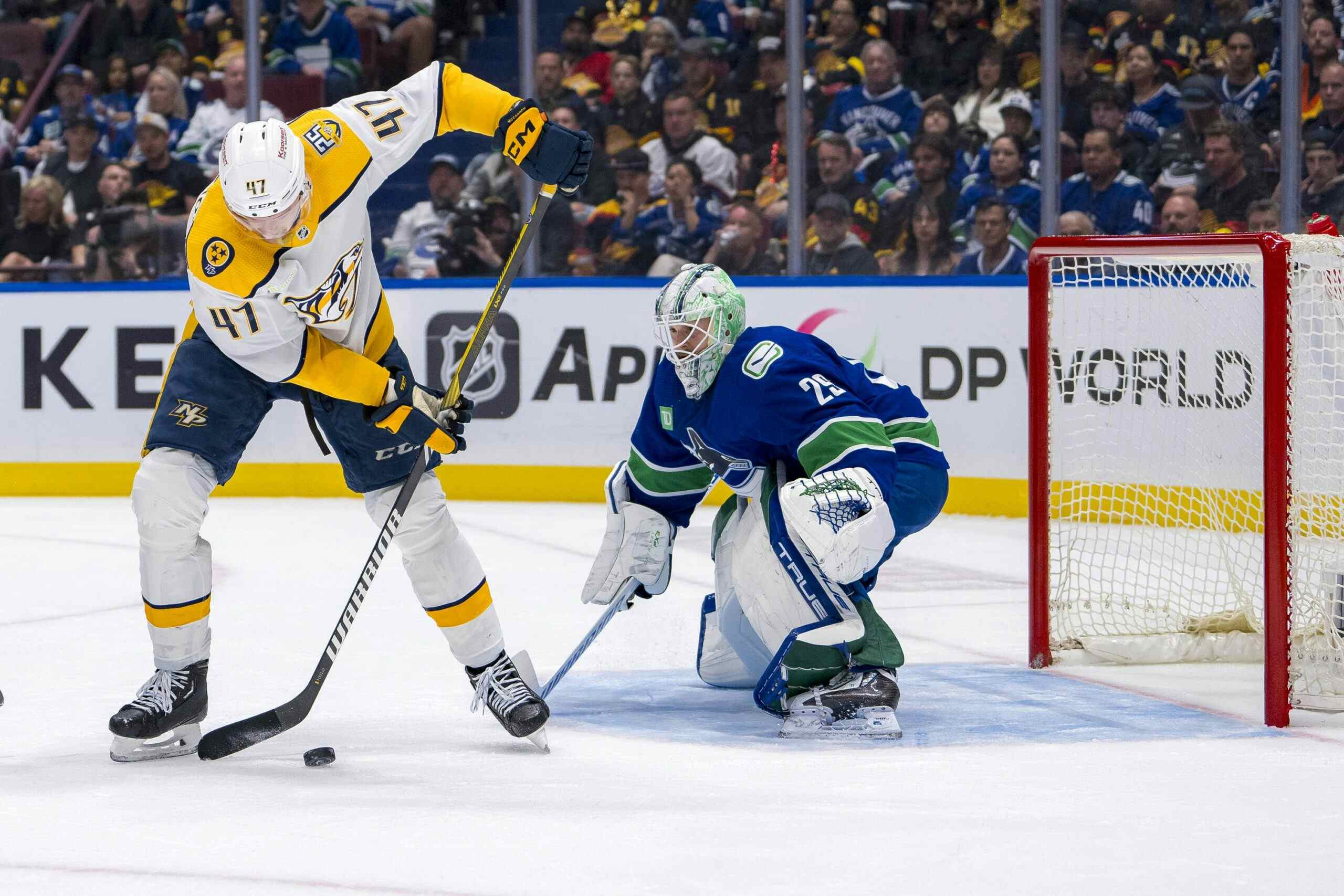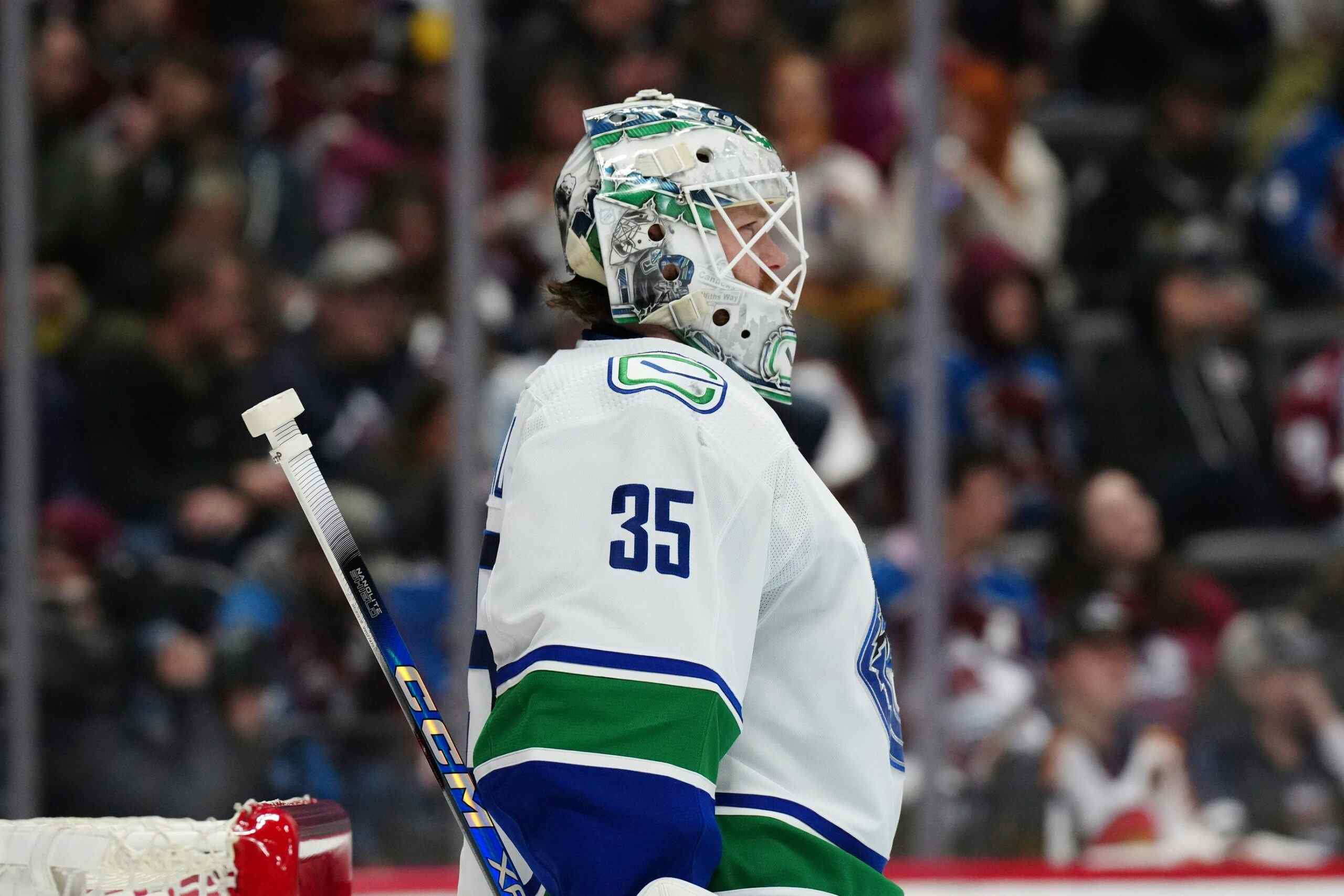Canucks Army Coaching Candidate Profile: Marc Crawford
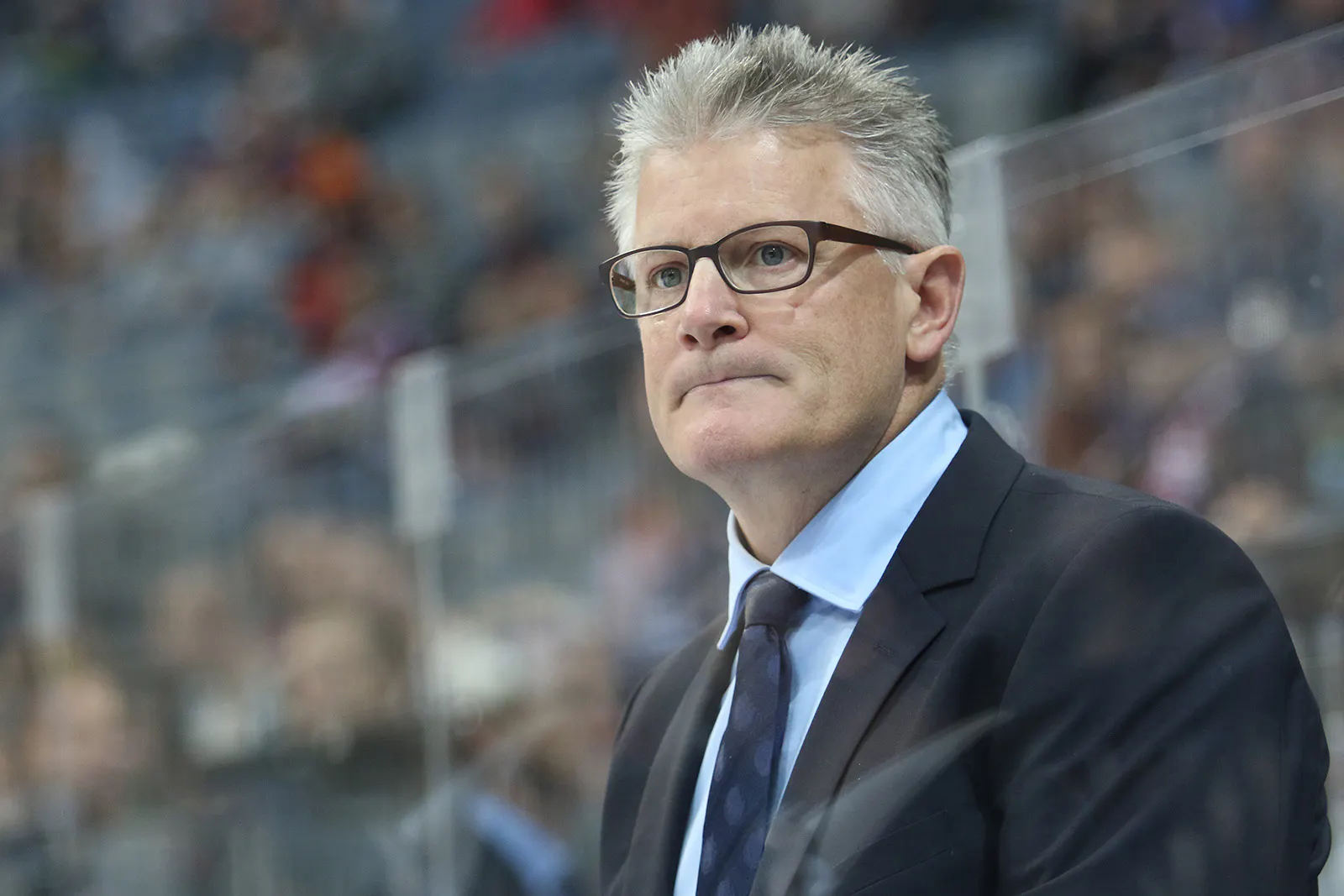
By Vanessa Jang
7 years agoSupport for bringing Marc Crawford back to Vancouver has gained traction over the past few months. As the longest-serving and second-winningest head coach in franchise history, some think it’s time to bring him home.
One could certainly understand why the Crawford would reciprocate the sentiment for Vancouver. He spent seven seasons coaching the Canucks and has dug roots within the city. Canucks president Trevor Linden’s criteria for the next head coach is someone who can work with the young players and understands where the organization is at in their arch. The current state of the team is similar to the one Crawford first inherited in 1998-99. The Canucks missed the playoffs in his first two years; then they began to make the playoffs. This is surely the kind of turnaround management envisions.
Crawford bought into what the Canucks were selling back then, but is he willing to do it again? There’s no question he’s worthy of a head coaching position somewhere, if not in Vancouver. He had multiple suitors last season but eventually chose a lesser role in Ottawa. Coming back to Vancouver should be a move that both he and his family are comfortable making. However, the opportunity to be playoff-competitive is years down the road. This reason is why many big-name coaches might not even consider the Canucks.
Crawford has an extensive resume. He’s been around the league, won a Stanley Cup, and coached a championship-winning Zurich Lions Club in Switzerland. He has 549 wins in 1,151 NHL games and won the Jack Adams Award in 1994-95.
Part of Crawford’s reputation is bringing the fire. He went through three teams in five years before leaving for the Swiss league, which he says matured him personally and as a coach.
“I can be a hard guy and now you recognize that you don’t want to risk burning the relationship, so it taught me a valuable lesson. I can still be demanding, but I can do it in a better fashion and I think they bought into it in Zurich because they saw me as more than just a hard coach. That’s where I’m improved. Age has made me a little less uptight and I’m not as protective as I once was. Maybe the pressure will bring that back, but I don’t think so. I’ve matured and I’m way better prepared and a little more polished. I’m still going to have to work on my passion and other attributes that have to always be in check. At least I’m more aware of it.”
Does he still have the fire? We haven’t seen it much in his role with Ottawa, but being a head coach is a different ball game. The ferocity might not be as turbulent as before, but it appears that it’s still there. When coaching young players, it’s never a bad idea to show them tough love. Travis Green has done it in Utica and managed to keep it relatively calm. Both Willie Desjardins and John Tortorella had opposite coaching styles – Tortorella was more punitive while Desjardins’ approach was focused on dialogue and relationship-building.
The Canucks need a coach in the middle. As many are often wont to remind us, you cannot be too hard or too easy on young players. If a coach is too tough, the player loses confidence. If the coach is too lenient, the players develop the sense of entitlement. Finding the middle ground is best for this team. Based on Crawford’s quotes and his apparent growth, it appears he can be that guy who balances the tough love and tolerance.
The next question is can he develop players? Yes. We’ve witnessed it during his tenure in Vancouver, as well as with his handling of Auston Matthews in his draft year. In his early years with the Canucks, he worked with the likes of Brendan Morrison, Todd Bertuzzi, and obviously Henrik and Daniel Sedin. Within two years, he created a playoff-competitive team from a roster that was in decline. In their first few seasons, the Sedins failed to live up to their second and third-overall potential. Rather than giving up, Crawford was persistent and patient with their development, and we all know how that turned out.
After moving on from Vancouver, he also coached the likes of Anze Kopitar, Jamie Benn, and James Neal to successful rookie seasons. He may not have been with those players long-term, but he was certainly a significant influence on their early development.
Auston Matthew had this to say about Crawford:
“I had a good year with him last year and I’m very happy for him to get back into the NHL. I learned a lot from him, just about being a pro, translating things from over there to the NHL so I think he played a very big role in my development last year for sure.”
Crawford possesses an offensively-minded coaching style. Fast, up-tempo hockey is the name of his game. The Canucks certainly have players who can adjust to those systems, specifically Bo Horvat, Sven Baertschi and Brock Boeser — the foreseeable future top line. Although the Sedins aren’t known for their speed, Crawford utilized the two based on their elite hockey sense. However, there are other Canucks whose game isn’t necessarily focused on being fast and offensive. It’s those players who may struggle with the offensive systems.
The risk with Crawford’s coaching style is that the players can potentially be exposed defensively. This season, Desjardins garnered praised for the structure he laid out. It may not have been the most exciting and eventful, but it did the job. Management certainly seemed satisfied and comfortable with his systems, and they will likely want the same in their next coach. If this is the case and they simply want to be structured, Crawford might not be the guy.
As of right now, the Canucks do not have a roster that perfectly fits his coaching style. That could obviously change with the prospects acquired at the draft, but the current roster is not exactly screaming for a coach like Crawford. Nonetheless, the Canucks were at the bottom of the league in goals-for, therefore bringing in an offensive coach could potentially bring those numbers up to the league average.
Canucks general manager Jim Benning and Linden might publicly say that winning comes second to development, but they could secretly still be hoping to be competitive for a playoff spot. If that’s the case, Crawford’s post-season record might raise red flags. Despite making the playoffs in eight of fifteen NHL seasons, his teams have only made it past the first round three times.
Crawford has garnered a significant amount of support from Canucks fans. Management has said that experience is not a determining factor in who they will hire, but Crawford possesses a lengthy resume nonetheless. Throughout his coaching career, he has successfully shown that he can work with young players. He is also familiar and comfortable with the organization, which may be an incentive should the Canucks offer him the job. Lastly, we know what he can do. Unlike other coaches whose names have been mentioned, Crawford has already built a name for himself in Vancouver. This point may be exactly why he becomes one of the top candidates for the position.
Crawford would certainly be considered a safe pick for the next head coach of the Canucks. He’s shown what he brings to the table, therefore there wouldn’t be any surprises and hesitancy in that regard. There would simply be less risk as opposed to bringing in a first-time NHL coach. Furthermore, his hiring would evidently appease many fans. For a fanbase that longs for positivity and optimism, this move could put a shining light on management. Travis Green has been the obvious front-runner for the position, but there are clear reasons as to why Marc Crawford should be considered as well.
Recent articles from Vanessa Jang

